'Ultra-Processed' Foods Experts Say You Can Still Eat
In today's fast-paced world, convenience often dictates our dietary choices, leading many to rely on ultra-processed foods. These products, typically characterized by their long ingredient lists and industrial manufacturing processes, have garnered a reputation for being unhealthy. However, not all ultra-processed foods are created equal, and some can be incorporated into a balanced diet without significant health risks. This article delves into eight such foods that experts say you can still enjoy, offering insights into their nutritional profiles and potential benefits. By understanding these options, you can make informed choices that align with your health goals while still enjoying the convenience of processed foods.
1. Whole Grain Breakfast Cereals

Whole grain breakfast cereals often fall under the ultra-processed category due to their manufacturing process, which involves refining, adding sugars, and fortifying with vitamins and minerals. However, they can be a valuable part of your diet when chosen wisely. Opt for cereals with whole grains as the first ingredient and minimal added sugars. These cereals provide essential nutrients like fiber, iron, and B vitamins, which are crucial for energy metabolism and maintaining a healthy digestive system. Pairing them with milk or a plant-based alternative can enhance their nutritional value, offering a balanced start to your day. Remember, moderation is key to enjoying these cereals without compromising your health.
2. Canned Beans
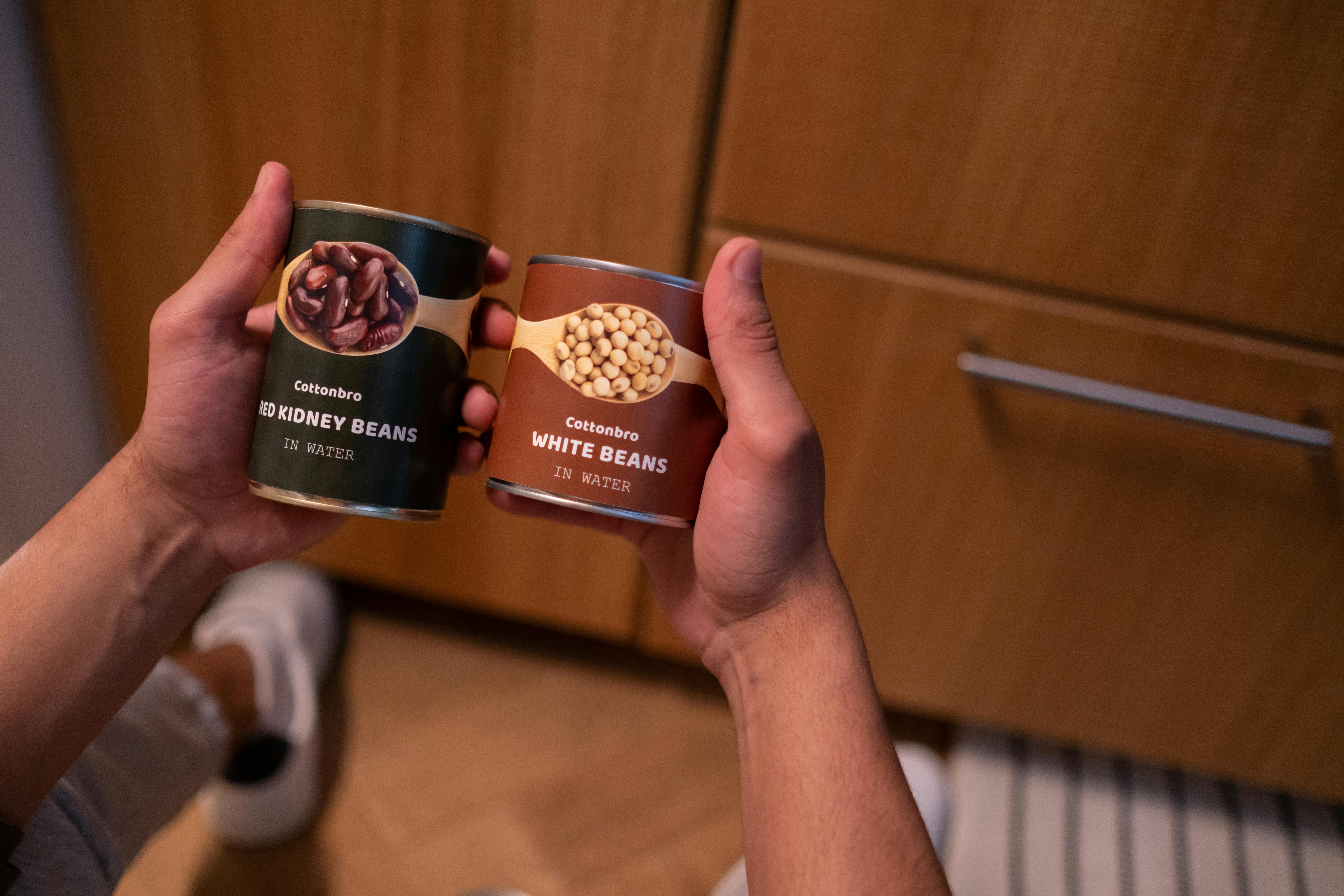
Canned beans are a pantry staple that offers convenience without sacrificing nutritional value. Despite being classified as ultra-processed, they retain much of their natural goodness, including high levels of protein, fiber, and essential minerals like iron and magnesium. The processing primarily involves cooking and canning, which can actually enhance the bioavailability of certain nutrients. To maximize their health benefits, choose varieties with no added salt or rinse them before use to reduce sodium content. Beans can be a versatile addition to salads, soups, and stews, making them an excellent choice for those looking to maintain a balanced diet.
3. Nut Butters
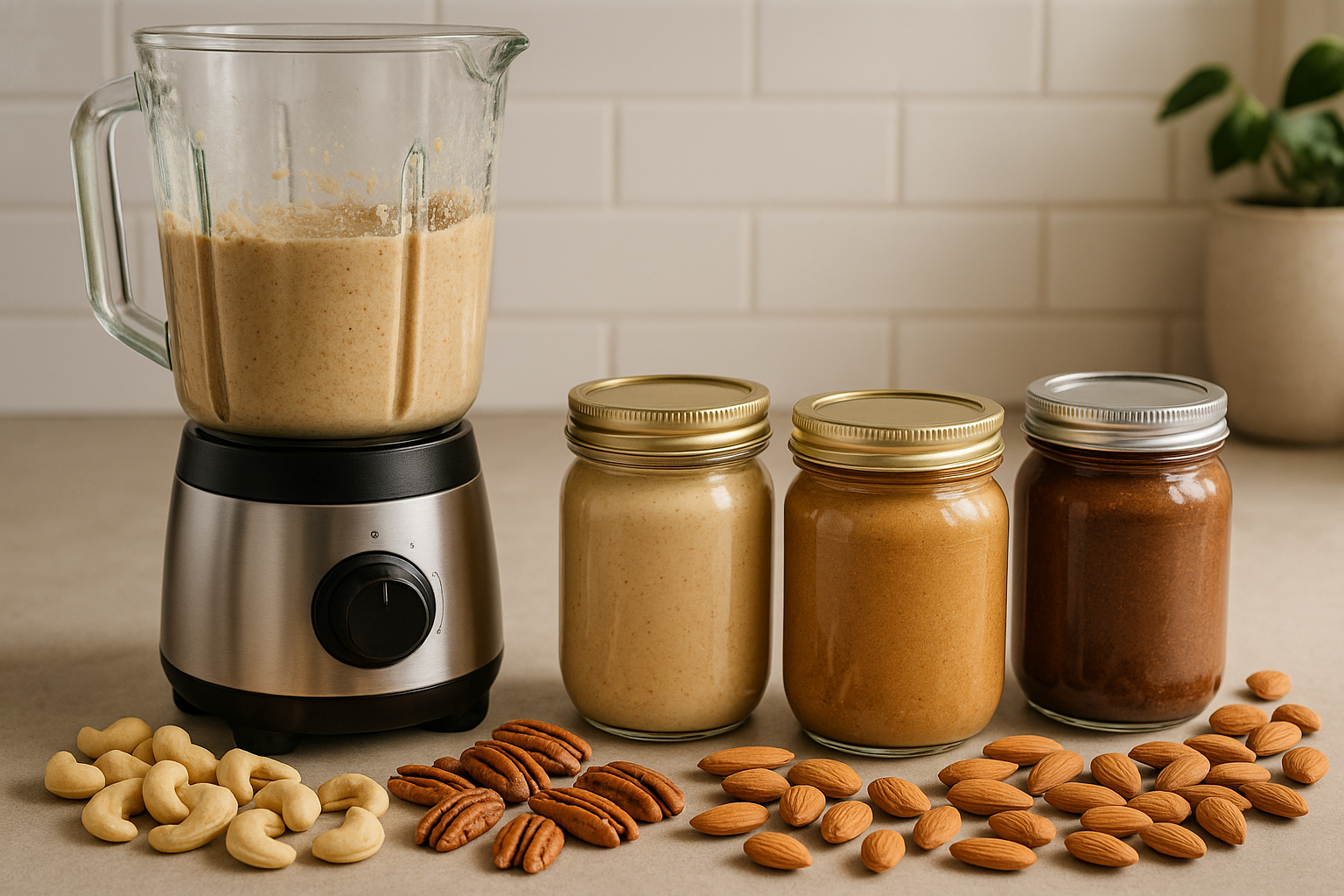
Nut butters, such as peanut and almond butter, are often processed to achieve their creamy texture and extended shelf life. Despite this, they can be a nutritious option when consumed in moderation. Rich in healthy fats, protein, and various vitamins and minerals, nut butters can support heart health and provide sustained energy. When selecting nut butters, look for those with minimal ingredients, ideally just nuts and a pinch of salt. Avoid versions with added sugars or hydrogenated oils, which can negate their health benefits. Spread them on whole-grain bread or incorporate them into smoothies for a satisfying and nutritious snack.
4. Frozen Vegetables
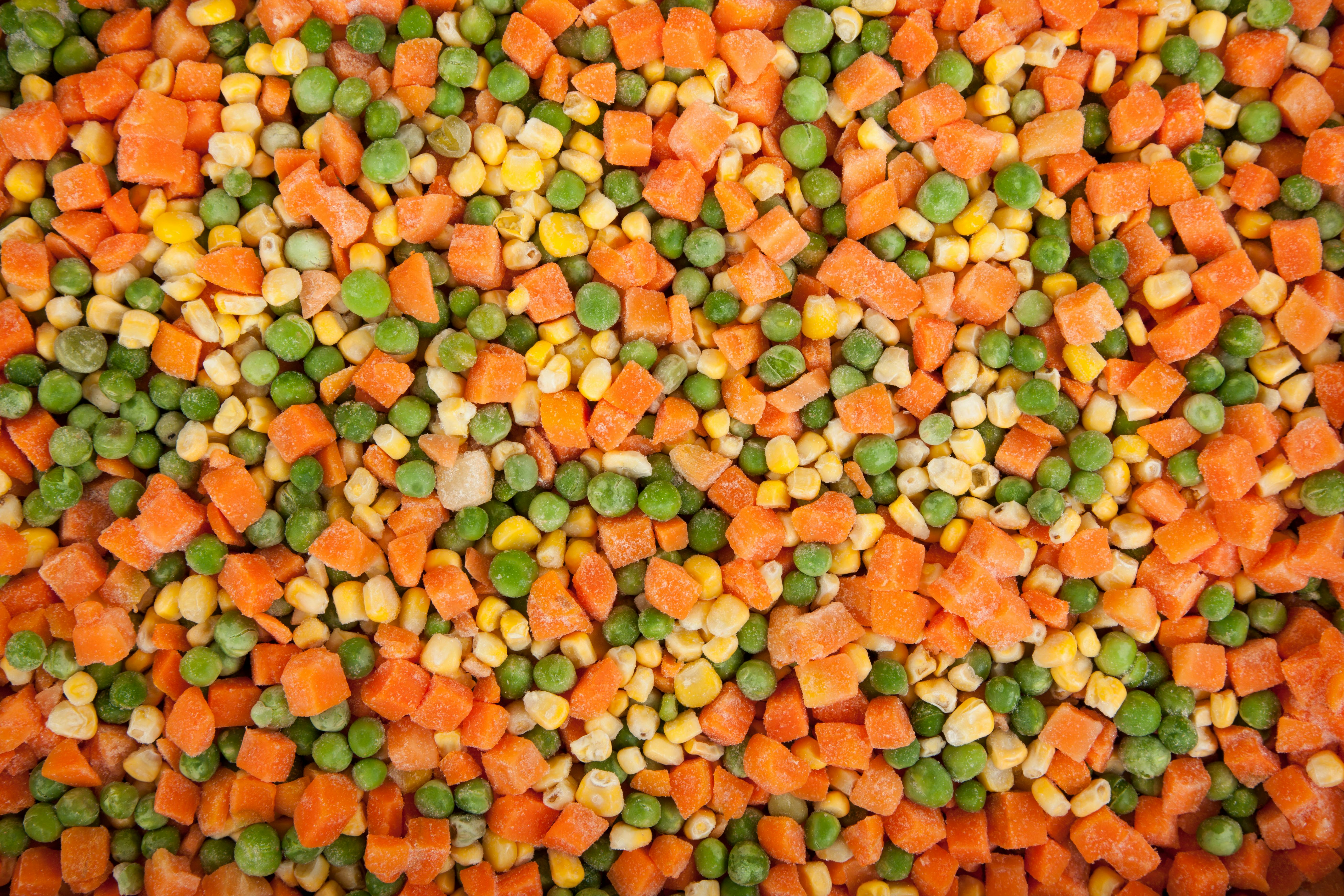
Frozen vegetables are processed through blanching and freezing, which helps preserve their nutritional content while extending their shelf life. This makes them a convenient and nutritious option for those with busy lifestyles. Studies have shown that the nutrient levels in frozen vegetables can be comparable to, or even higher than, their fresh counterparts due to the preservation of vitamins and minerals during freezing. They offer a quick and easy way to add essential nutrients like fiber, vitamins A and C, and antioxidants to your meals. Incorporate a variety of frozen vegetables into your diet to enjoy their health benefits without the hassle of frequent grocery shopping.
5. Greek Yogurt
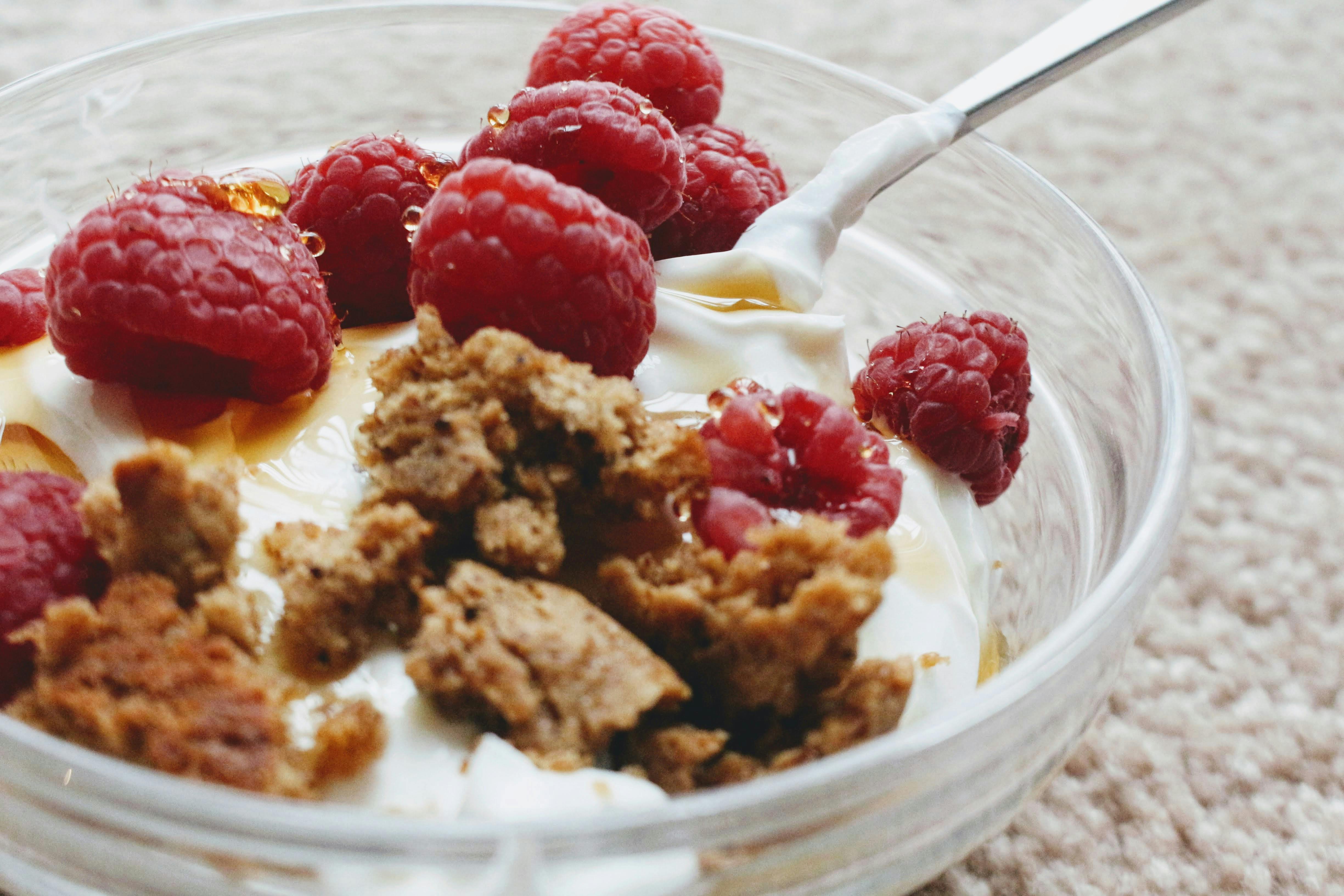
Greek yogurt is a popular ultra-processed food that retains many health benefits due to its fermentation process. It is an excellent source of protein, calcium, and probiotics, which support digestive health and strengthen the immune system. The straining process used to create Greek yogurt removes excess whey, resulting in a thicker texture and higher protein content compared to regular yogurt. When selecting Greek yogurt, opt for plain varieties to avoid added sugars and artificial flavors. You can enhance its taste with fresh fruits, nuts, or a drizzle of honey for a nutritious and satisfying snack or breakfast option.
6. Whole Grain Bread

Whole grain bread is a staple in many diets, offering a convenient source of carbohydrates and fiber. Despite being processed, it can be a healthy choice when made with whole grains, which retain the bran, germ, and endosperm of the grain. These components provide essential nutrients like fiber, B vitamins, and minerals such as magnesium and selenium. When selecting whole grain bread, look for products with whole grains listed as the first ingredient and minimal added sugars. Whole grain bread can support heart health, aid digestion, and provide sustained energy, making it a versatile addition to a balanced diet.
7. Dark Chocolate

Dark chocolate is often included in discussions about ultra-processed foods due to its production process, which involves refining cocoa beans and adding sugar and fats. However, it can be a healthy indulgence when consumed in moderation. Rich in antioxidants, particularly flavonoids, dark chocolate can support heart health, improve brain function, and reduce inflammation. To reap these benefits, choose dark chocolate with a high cocoa content (70% or higher) and minimal added sugars. Enjoy a small piece as a dessert or snack to satisfy your sweet tooth while benefiting from its potential health advantages.
8. Plant-Based Milks
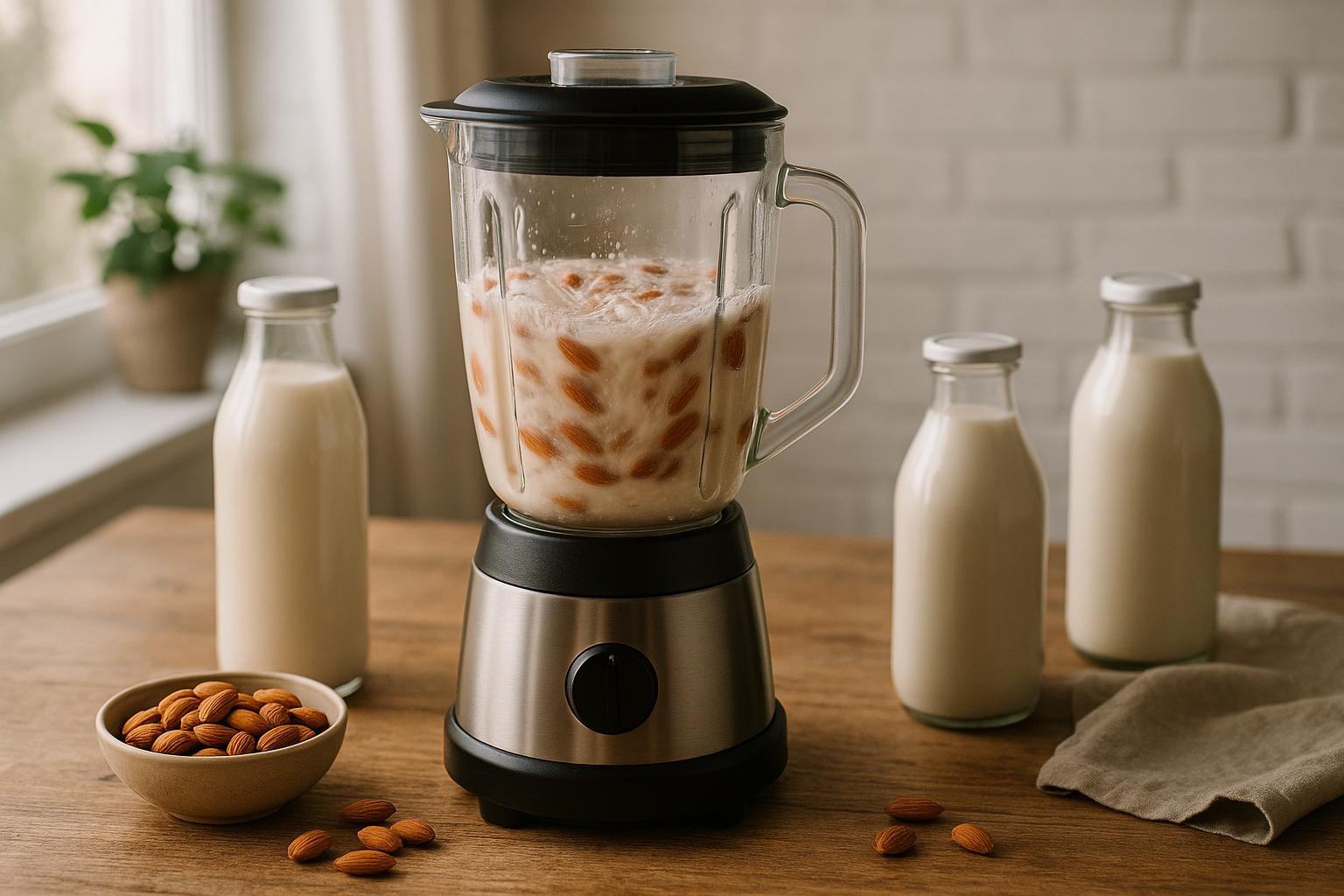
Plant-based milks, such as almond, soy, and oat milk, are increasingly popular alternatives to dairy milk. They undergo processing to achieve a desirable texture and flavor, often involving fortification with vitamins and minerals like calcium and vitamin D. These milks can be a nutritious option for those with lactose intolerance or dietary preferences that exclude dairy. When choosing plant-based milks, look for unsweetened versions to avoid added sugars, and ensure they are fortified to match the nutritional profile of dairy milk. Incorporate them into your diet as a beverage, in smoothies, or as a base for cereals and baking.
9. Canned Soups

Canned soups are a classic ultra-processed food, but they don't have to be a dietary disaster. They offer a convenient, ready-to-eat option, and many varieties are packed with vegetables, fiber, and protein. The key is to be a savvy shopper. Look for brands with low sodium and minimal or no added sugar. Choosing broth-based soups over creamy, high-fat versions is also a smart move. Canned soup can serve as a quick, nutrient-rich lunch or a base for a more elaborate meal, proving that convenience can coexist with health.
10. Frozen Fruit

While your list includes frozen vegetables, frozen fruit is another convenient ultra-processed food that retains significant nutritional value. Fruits are flash-frozen at peak ripeness, locking in vitamins, minerals, and antioxidants. This makes them a perfect year-round option, especially for fruits that are out of season. Using frozen fruit in your smoothies, oatmeal, or as a quick dessert provides a concentrated dose of vitamins, without the need for fresh produce that may spoil quickly. This simple freezer staple is a powerful ally for a healthy diet.
11. Air-Popped Popcorn
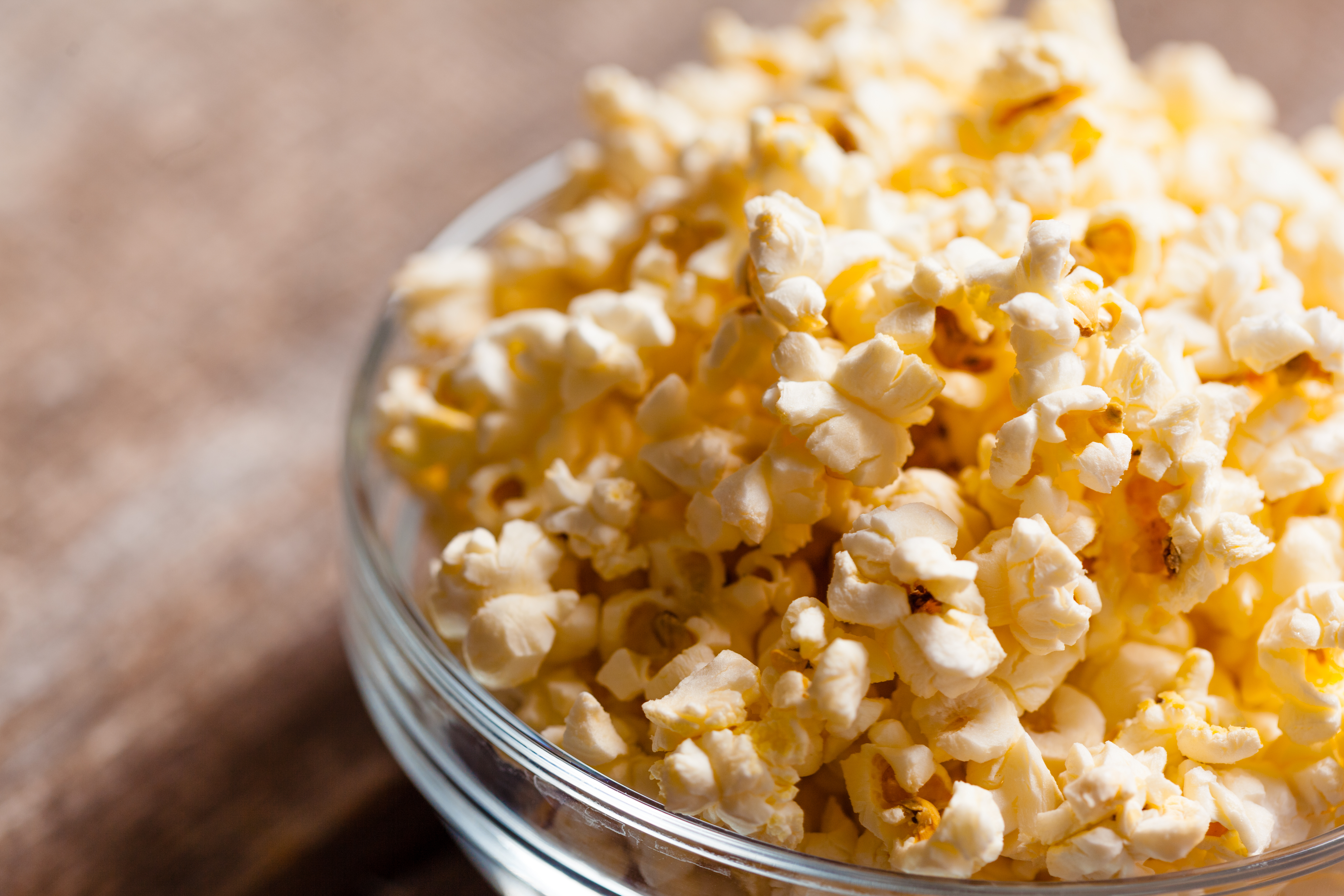
Popcorn is an ultra-processed food, but when air-popped and unbuttered, it’s a healthy, whole-grain snack. It’s a great source of fiber, which aids digestion and helps you feel full. Unlike many other processed snacks, it is low in calories and can be prepared in minutes. To keep it healthy, avoid pre-packaged, microwaveable versions loaded with hydrogenated oils and high sodium. Season your air-popped popcorn with a little salt, nutritional yeast, or your favorite spices for a delicious and guilt-free snack that is a great source of whole grains.
12. Protein Powder

Protein powder is a hyper-processed food, yet it's one of the most effective ways to supplement a healthy diet, especially for those with fitness goals. A quality whey or plant-based protein powder provides a concentrated source of protein that aids in muscle repair, satiety, and weight management. It's an ideal choice for a quick post-workout recovery shake or a meal replacement when you're short on time. When choosing a brand, look for one with minimal added ingredients and sweeteners. Protein powder is a powerful tool for a healthy lifestyle.
13. Sauerkraut or Kimchi
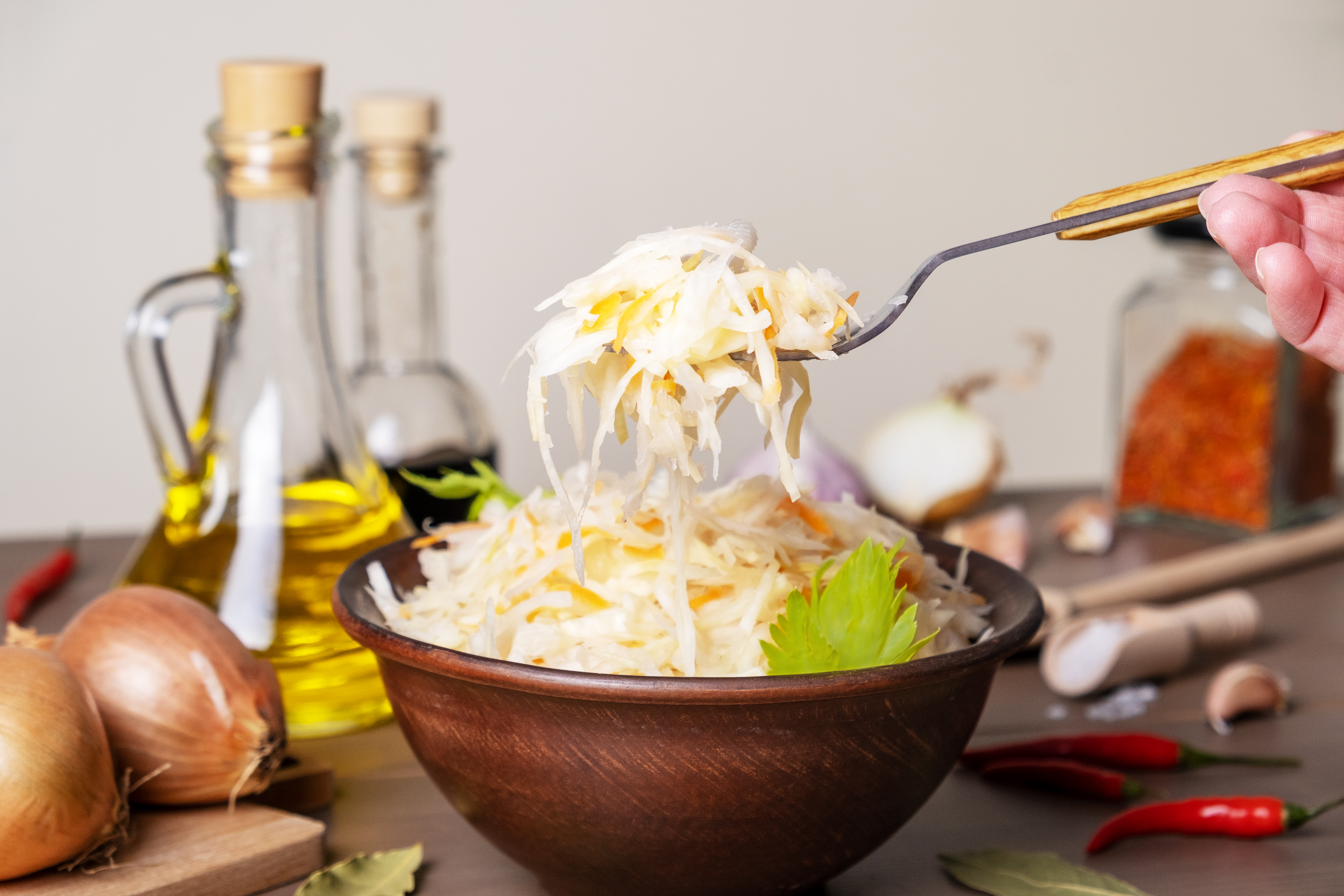
Jarred sauerkraut and kimchi are ultra-processed foods that have been preserved through fermentation. This process makes them a great source of probiotics, the beneficial bacteria that support a healthy gut microbiome. A healthy gut is crucial for immune function, digestion, and even mental health. Since fermentation also enhances the bioavailability of nutrients, these foods offer a powerful health boost. Enjoy a small portion with your meals to aid digestion and add a pungent, tangy flavor. Just be mindful of the sodium content and look for versions that have not been pasteurized, as that process kills the beneficial bacteria.
Balancing Convenience and Nutrition

Navigating the world of ultra-processed foods can be challenging, but with informed choices, you can enjoy the convenience they offer while maintaining a healthy diet. By focusing on options like whole grain breakfast cereals, canned beans, nut butters, and others discussed in this article, you can incorporate processed foods into your meals without compromising your health. The key lies in selecting products with minimal additives and being mindful of portion sizes. As you explore these options, remember that balance and moderation are essential to achieving a nutritious and satisfying diet in today's fast-paced world.
